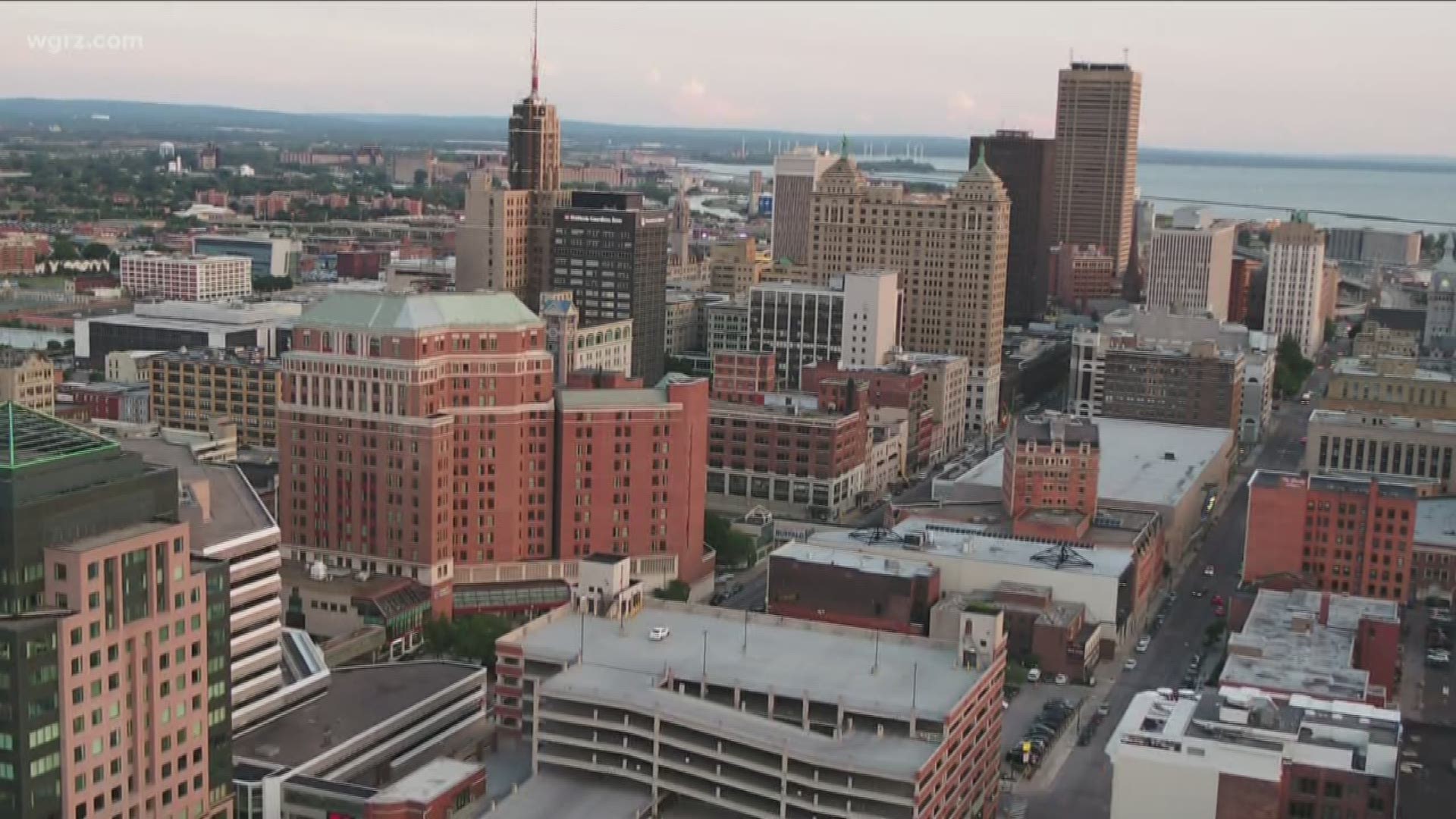BUFFALO, N.Y. — The Brown administration has submitted to the Common Council a new Telecommunications License Agreement, which, if passed, will serve a template for companies seeking to provide such services for the city in the future.
“This is a priority for the city,” said Public Works Commissioner Michael Finn, whose department handles such agreements.
According to Finn, for many residents, Spectrum is the only service available.
And for many it leaves much to be desired, delivering some of the most inconsistent internet speeds in the nation
Spectrum operates under an exclusive franchise agreement with the city, which expired two years ago, on an infrastructure that was mostly put in place by Adelphia Cable decades before.
"It’s getting behind the times," Lovejoy Common Council Member Rich Fontana said. “We haven’t had a franchise agreement in some time, and that was built to a 750-megawatt system. At the time, that was state of the art, but that was 20 years ago."
As reported by Two on Your Side's Nate Benson on Tuesday, there are companies who consider moving to Buffalo, but shy away for that reason.
“I think what’s important for the city is an ultimate balance for new technologies,” Finn said. “Expanding internet services for all of our communities is very important to us."
The proposed new licensing agreements would be “non-exclusive,” potentially opening the doors for several companies to provide service.
Finn confirmed that there are two providers interested in doing so now.
“We are open to any other service provider who wants to come in," he said.
It’s not that others haven’t thought about it.
But according to sources, some firms have been dissuaded by the comparatively high fees the city sought to charge companies seeking to enter the market.
The new proposal (which you can read here) outlines a fee schedule that appears to be at least one-third lower than what some firms say the city had proposed charging in the past.
The agreement sets out a licensing fee structure where a company would pay the city $2 per foot for the first 12,000 feet (2.3 miles) of any high-speed fiber optic it wants to install, and $1 per foot for anything beyond that.
That would be in addition to a $100,000 security fee for the first 12,000 feet, which increases as the length of the network grows.
The licensing fee would also increase by 3% per year.
“There’s different opinions in the industry about what's reasonable. … We did research and felt this is consistent with comparable cities across our region, and we're comfortable with what we are proposing right now," Finn said.
RELATED: Spectrum is staying in New York

